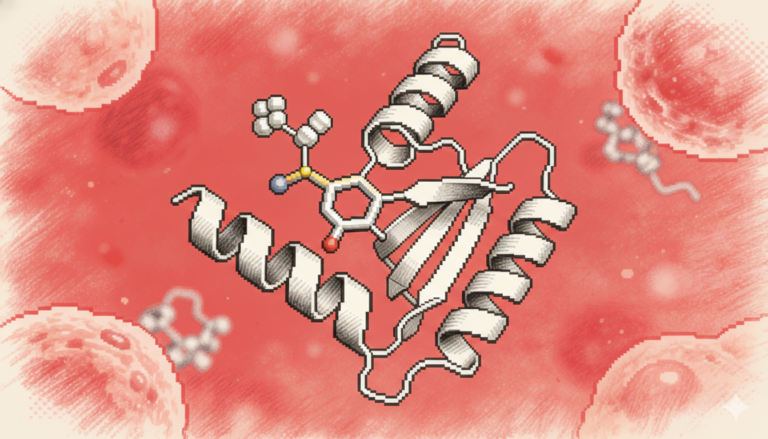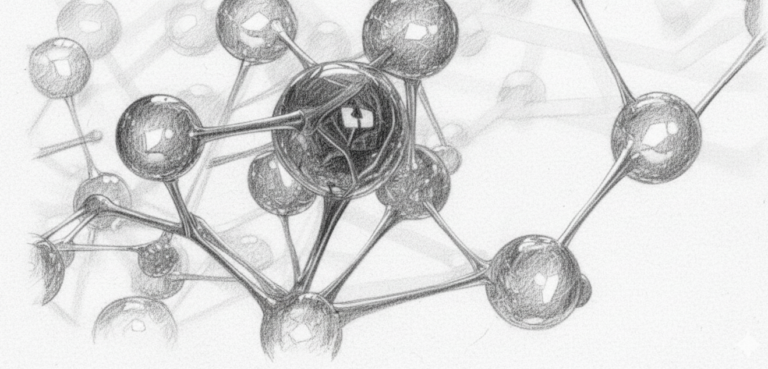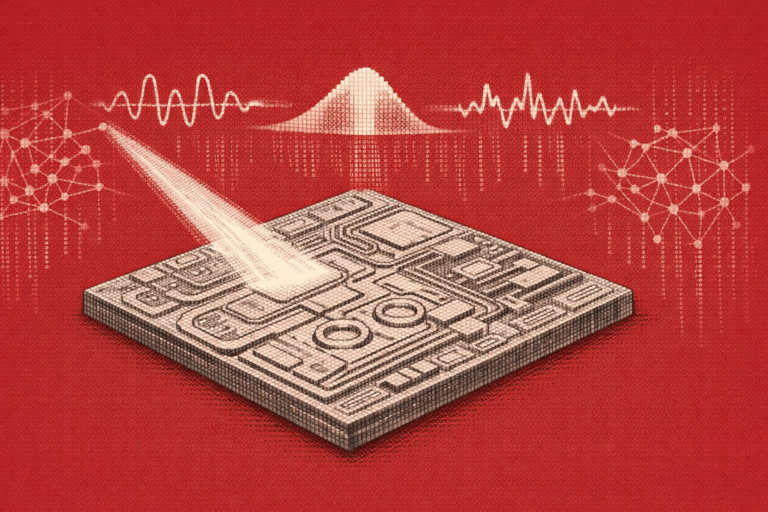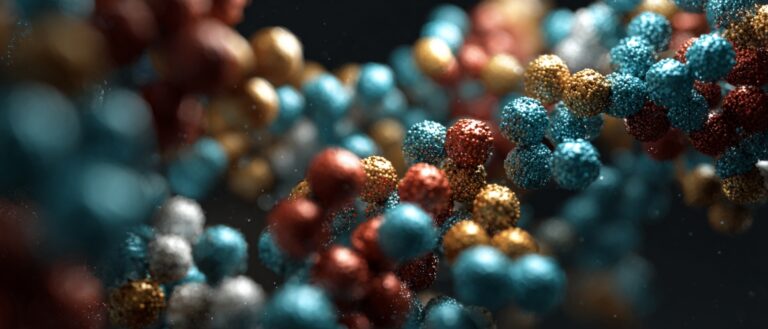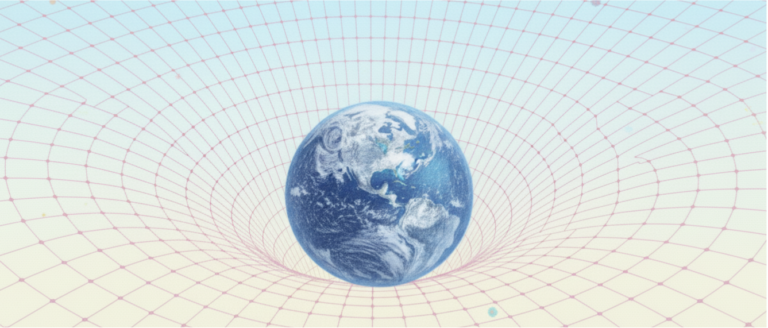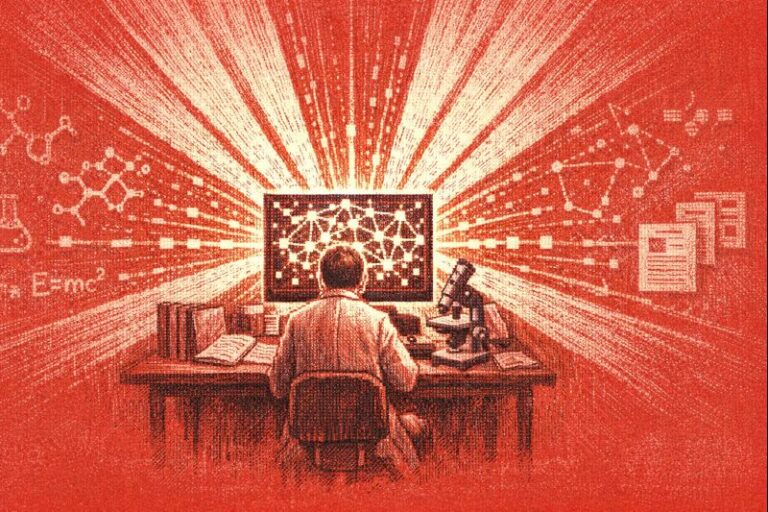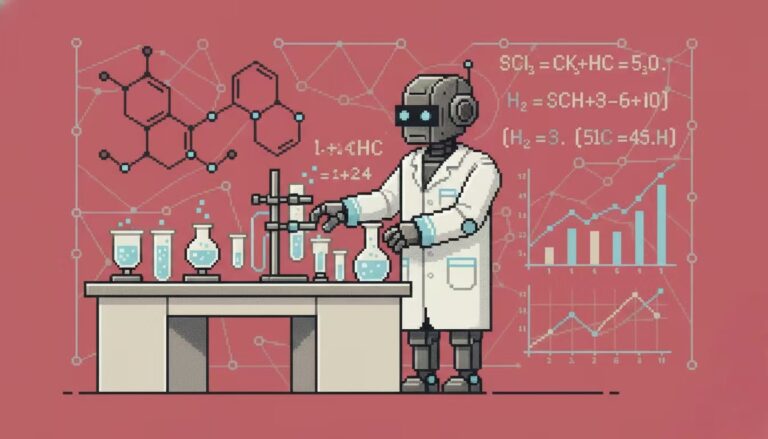Command Palette
Search for a command to run...
After Reading 53,000 Papers, AI Published an Academic Book on Lithium Batteries

In terms of text generation, AI can not only generate novels and poems, but also generate academic research books.
The first book written by AI is published.
AI is getting better and better at generating text. If you’ve been paying attention to the news, you’ll know that AI has written novels, poems, and news articles. Now it’s taking another big step—it’s starting to publish books.
Just this month, the first book written by AI was published, published by Springer Nature, titled Lithium-ion batteries: machine-generated summary of cutting-edge research.
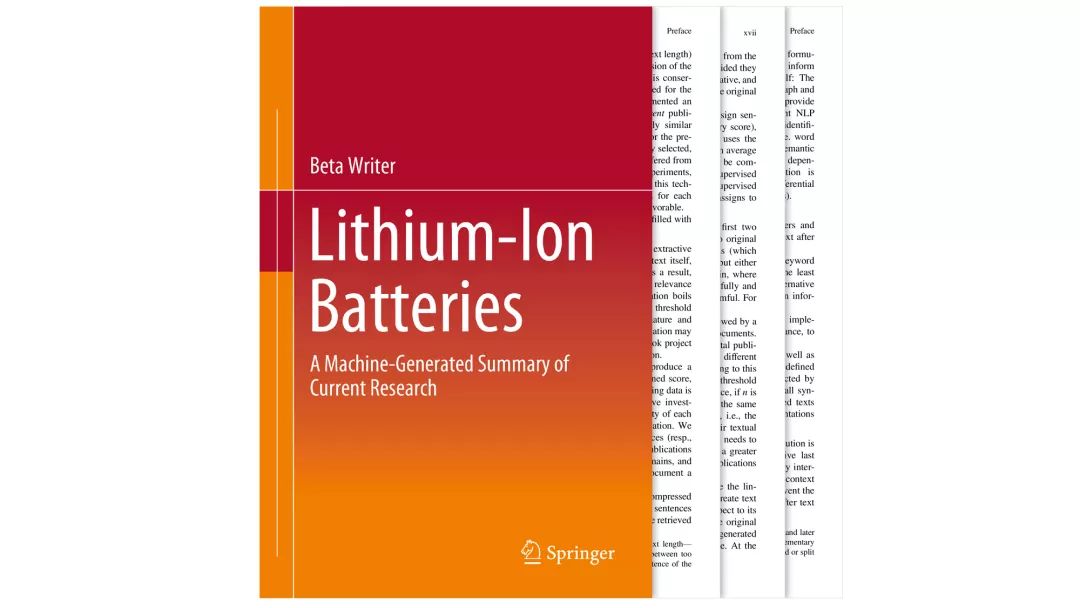
Regardless of the quality of this book, its content is absolutely hardcore, because it is a book about academic research, which can be felt from the title.The BookFocusing on the research of lithium-ion batteries, the content is a collection of excerpts from a large number of research papers in this hot field.
Its preface reads: This book shows how artificial intelligence can help scientists grasp the latest research results - algorithms are now able to scan large amounts of literature and select the most important details.
How did I get this book?
"Read" 53,000 papers to write this book
To be precise, AI is not the author of this book but a compiler.The content of this book is not completely "original" by AI, but the algorithm has captured high-quality paper information from the latest research papers and generated a concise collection of summaries.
Behind this work is an AI algorithm developed by researchers from Springer Nature and Goethe University, called Beta Writer .
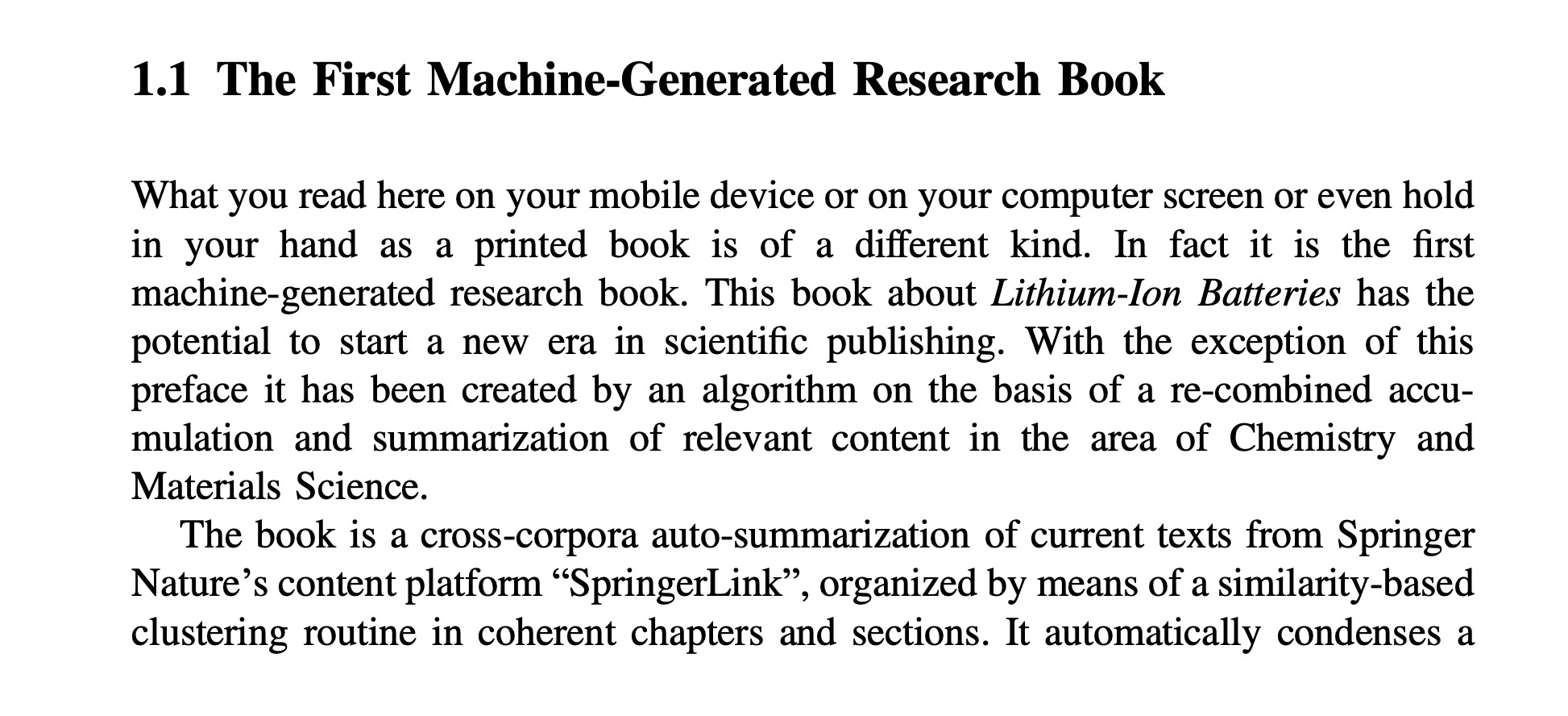
Beta Write automatically scans and selects high-quality papers from recent publications.Cluster analysis method based on similarity,Extract a large amount of source documents into coherent chapters, and finally create a brief introduction, table of contents and references, with hyperlinks for easy access to the original paper at any time.
This book finally selected more than 150 authoritative research papers published from 2016 to 2018. These papers are all from SpringerLink, a platform of Springer Nature, and are all published after peer review.
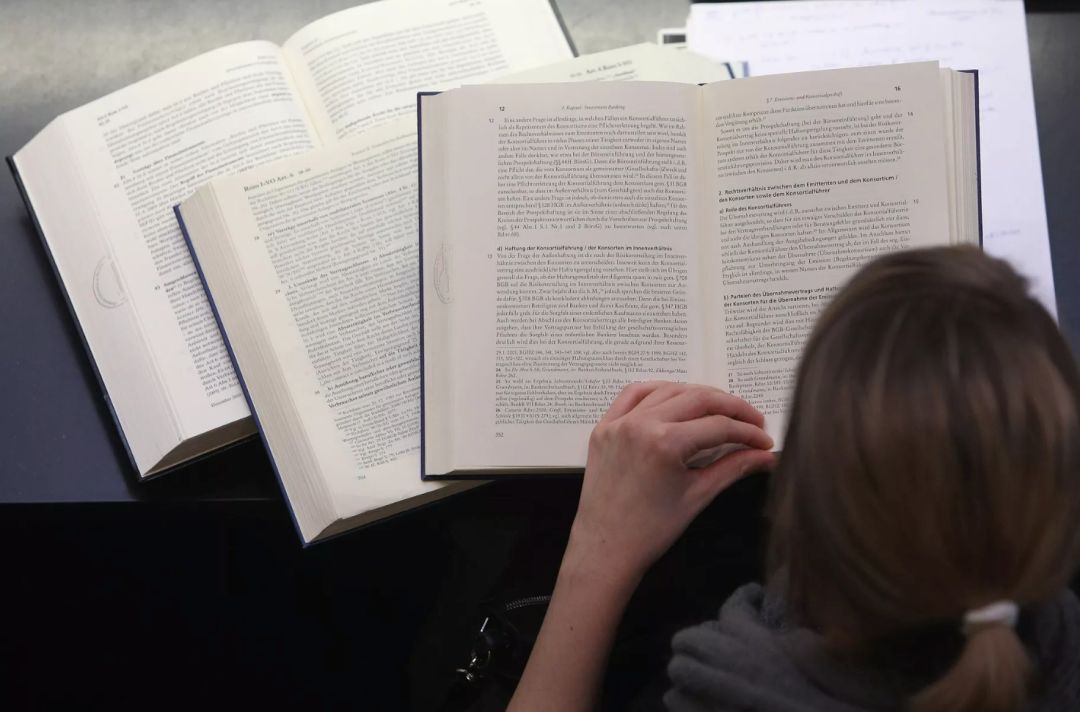
"So AI can only compile summaries?" Some people may be disdainful. In fact, it is not as simple as imagined.
As electronic products continue to be updated and upgraded, research on lithium-ion batteries is endless, and the number of newly published papers is increasing.In the past 3 years, 53,000 papers have been published on lithium-ion batteries.It is a difficult task for scientists to summarize the best parts of these papers and provide concise guidance. However, this algorithm can easily and quickly grasp the key points from them.
Schoenenberger, director of product data at Springer Nature, said, "This AI algorithm can speed up the digestion of literature in a field, rather than requiring researchers to blindly read a large number of published articles."
As we have previously mentioned in the article This technology allows designers to complete their work without talkingAs mentioned in the article, although AI has learned to design, it will not replace designers. Similarly, in this project, the AI algorithm only shared some repetitive and labor-intensive chores, allowing researchers to spend time on more important research.
Using algorithms to explore new ways of generating content
In fact, for the book published this time, if we only talk about literary creativity, the content compiled by AI is still far from generating novels like "A Song of Ice and Fire" or "Harry Potter". In addition, when actually flipping through the book, some shortcomings were also found, such as garbled characters and incoherent sentences.
But from another perspective, the process of generating similar reference books does not require too many fancy things. The method used by AI relies onPowerful analytical and comprehensive capabilities not only save time and energy, but also provide new ideas for the publishing industry.
Schoenenberger added: “We are excited to finally publish this new type of research content and make it available to the global research community.
While research papers and books written by researchers will undoubtedly continue to play the most critical role in scientific publishing, we foresee many different content types in scholarly publishing in the future:From content creation that is entirely human-created, to various hybrid human-machine text generation, and to text generation that is entirely machine-generated.
This attempt is a milestone we have reached.If the task of editing books can be solved through AI technology, it will usher in a new era of scientific publishing.”
What else can I do in the future besides writing books?
Springer Nature's goal is not to stop there. They plan to expand the research of this pilot project by developing similar work in other fields. The already published lithium-ion battery research book will be the first step in a series of attempts.
In addition, Springer Nature has a clear audience in mind for this machine-generated book.: Researchers, Masters and PhD students, reviewers, academic writers, librarians and science education policy makers.
The forms of publication include e-books and printed books. Currently, e-books can be obtained for free.
E-book download address:https://link.springer.com/content/pdf/10.1007%2F978-3-030-16800-1.pdf
It may be too early to tell how far AI can go in the publishing industry, but we can get a glimpse of it from past examples.

AI has long been able to write novels, and Microsoft Xiaobing opened a column "Xiaobing's Poems" in West China Metropolis Daily two years ago. Some people praise AI for writing poems, while others doubt it. The doubters believe that "AI will never be able to write good poems, because poetry is a matter of the human soul." The admirers believe that "algorithms have abilities that humans cannot achieve, and AI writing poems is only in its infancy, and will continue to move forward in the future."
People have a similar attitude towards publications. But this will not hinder the development of AI in the publishing industry. After all, algorithms have infinite possibilities. If we ignore emotions and vivid language, and let AI focus on writing some textbooks and reference books, it may be able to subvert this industry in the future.
So, what do you think will be the future potential for AI's book-writing skills?
